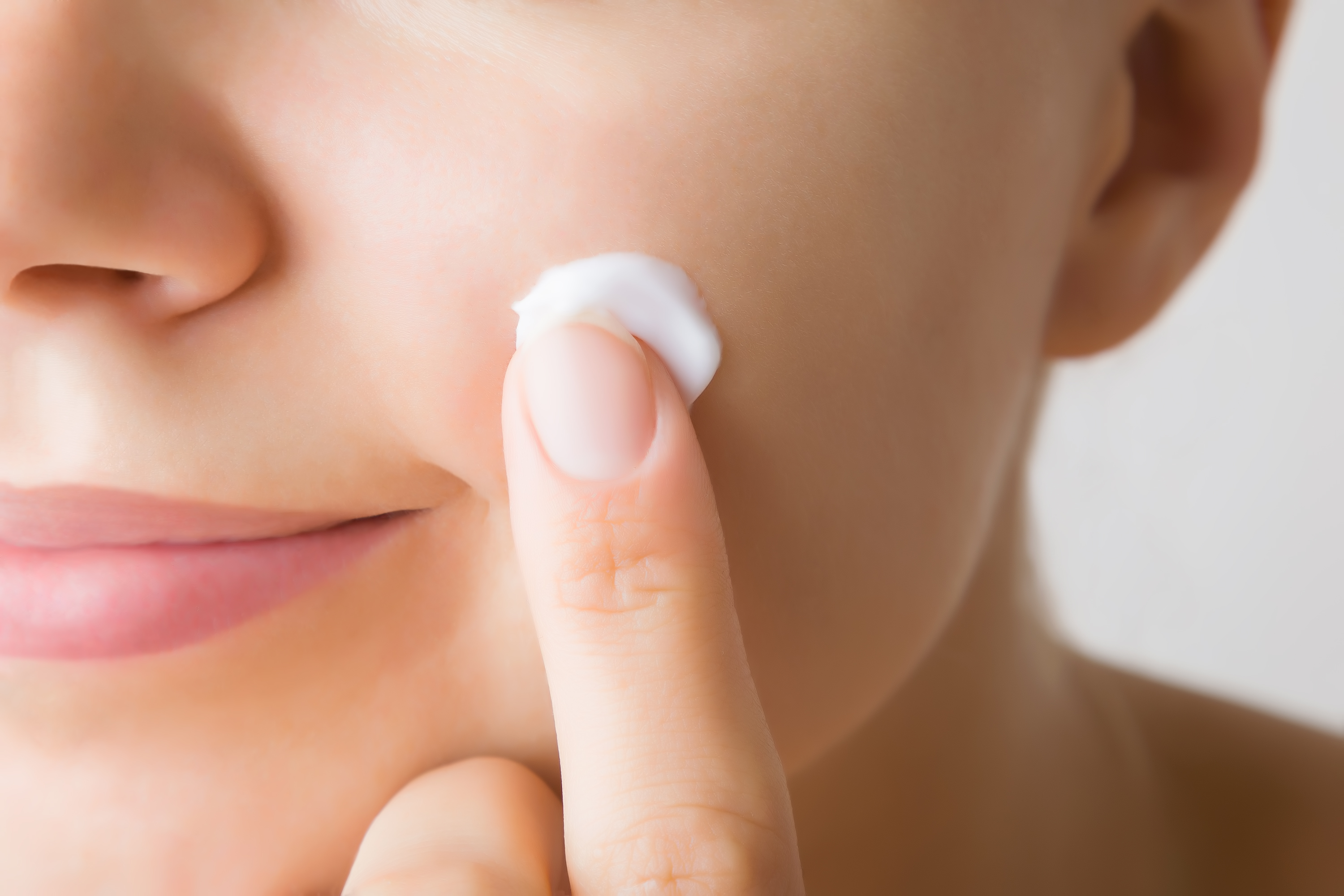Moisturizers are popular products, especially among women, as they offer a quick solution to a variety of symptoms. These products are made to comfort skin, improve surface texture by hydrating (artificial smoothing) or plumping the skin, leading to a transient improvement of wrinkles.
These products can be used by anyone and are generally well tolerated. They are often marketed as gentle, non-irritating, comforting, etc. and these terms have come to represent desirable features. However, there may be more side effects to your conventional moisturizer than you realize, and not all of it is beneficial.
The True Effects of Conventional Moisturizers
Any product that causes burning, exfoliation or redness (e.g. acne treatment) is regarded negatively. Patients frequently drop out before tolerance is achieved. The current “comforting” approach leads many patients to think that they have sensitive skin, a designation viewed favorably by some patients.
To suit the “sensitive skin” belief, companies have created products containing stronger moisturizers, which can actually make skin more sensitive (acquired sensitivity). Except for cases of true skin dryness (xerosis) or genetic disorders, "sensitive skin" is not a true skin disorder and should be more accurately referred to as skin weakness.
When to Use Moisturizer
Using moisturizers occasionally when needed is acceptable, but to depend upon them to hydrate and calm skin on a daily basis is actually damaging to the skin. With repeated use, moisturizers can make the skin weaker and drier – ultimately impairing the skin’s barrier function.
It is also detrimental to skin’s cellular functions, arresting its ability to renew itself, leading to skin sensitivity and accelerated skin aging.
What Happens to My Skin When I Apply Moisturizer?
Conventional moisturizers can do more harm than good as they do not provide long-term hydration and can actually shut down production of skin’s natural hydration. They are only quick fixes and do not offer long-term benefits. Moisturizers merely provide temporary comfort, short-lived smoothing, plumping and artificial hydration. Moisturizers contain approximately the same components (water, lipids, and proteins) as the skin’s natural elements.
Applying moisturizers creates a high level of moisture saturation on the surface of the skin, providing a false sense of hydration. When this happens, cellular communication is disrupted and skin stops producing natural hydration from within. Because cellular functions are not optimally performing, the skin becomes dependent on repeated applications of a moisturizer.
Moisturizers can also interfere with the natural exfoliation of skin cells and other epidermal processes. When moisturizers are applied, corneocytes stop exfoliating and start to accumulate on the surface of the skin. This accumulation sends a message to the basal layer of the skin to stop or slow down the production of new keratinocyte cells.
With repeated application of moisturizers, the barrier function is compromised and the skin becomes drier, weaker and more sensitive.
Excessive Use of Conventional Moisturizers
Excessive use of conventional moisturizers can cause:
- Damaged skin barrier function, causing skin weakness and intolerance – termed “sensitive skin”
- Rough, dull surface texture from suppression of natural keratinocyte exfoliation and accumulation of dead cells
- True dryness by increased transepidermal water loss
- Accelerated skin aging by slowing down cellular activity
- Exacerbation of diseased skin, such as acne and rosacea
Best Moisturizers to Use
If you're looking for a high quality moisturizer, LifeScape Aesthetics offers a number of medical-grade skincare products including ZO Skinhealth and Skinbetter Science. The right product is out there for you - and we can help you find it!
Curious if you should remove moisturizer from your daily skincare routine, or interested in a customized Beauty Blueprint? Book a complimentary consultation with LifeScape's expert aesthetician, Noelle Cesario.

